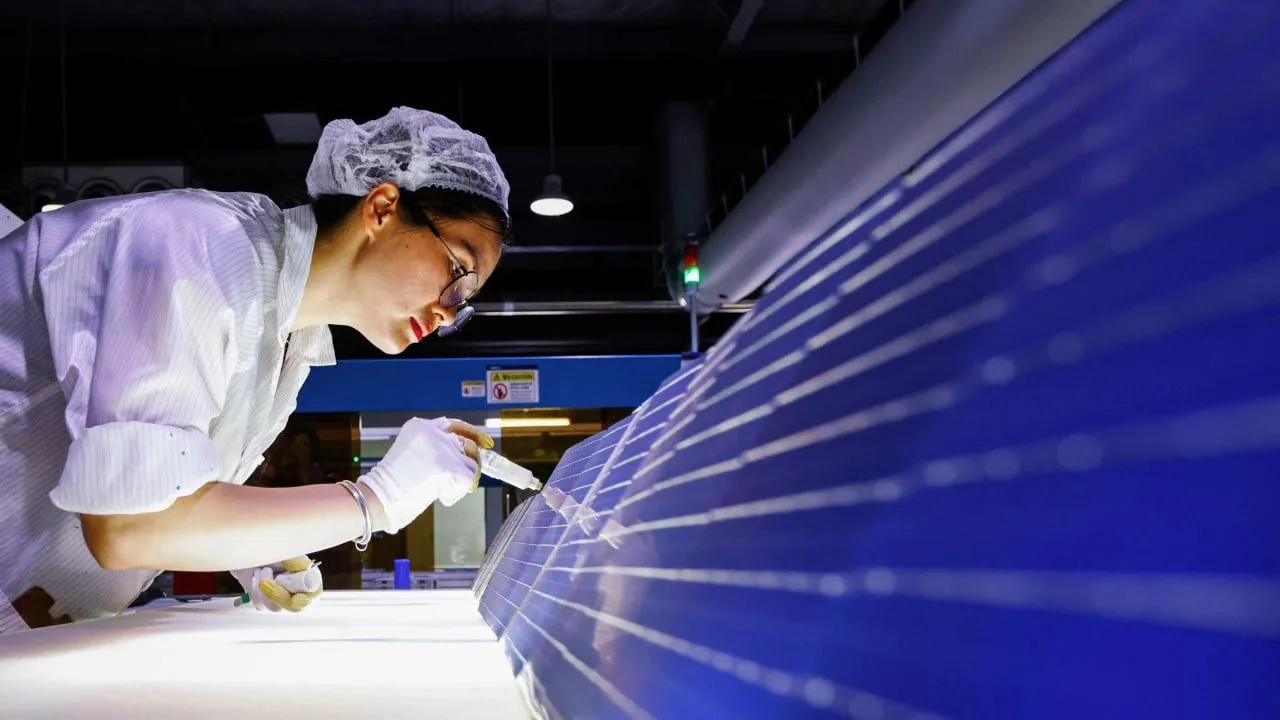Trump Tariffs Could Impact Solar Industry: How Chinese Producers Are Responding

The potential impact of Trump tariffs on the solar industry raises critical questions about the future of renewable energy in the U.S. Chinese producers, including giants like JinkoSolar, are preparing to adapt to ongoing changes by expanding production capabilities within the country. Industry analysis suggests that despite possible tariff hikes and the cancellation of the Inflation Reduction Act incentives, demand for solar panels remains strong due to high consumer awareness and acceptance.
Shape of the Solar Market under Potential Tariffs
In anticipation of Trump's tariffs, many Chinese companies are quickening plans to boost production to mitigate potential fallout. Production facilities are already being established in states like Florida and Texas, with JinkoSolar leading the charge with its facilities designed to meet rising U.S. demands while navigating expected duty increases.
Global Supply Chain Adjustments
- The U.S. solar imports have dramatically decreased due to previous tariffs, prompting a shift in the supply chain.
- Chinese manufacturers now control a significant share of the global solar supply, having repositioned their operations in Southeast Asia.
- Prices for made-in-China solar cells have sharply declined, encouraging further adoption and competition.
Looking Ahead: The Future of Solar Energy
Despite potential challenges, the demand trajectory for solar energy seems unwavering. Forecasts for 2023 and beyond indicate a robust market that justifies continued investment in clean energy technologies.
This article was prepared using information from open sources in accordance with the principles of Ethical Policy. The editorial team is not responsible for absolute accuracy, as it relies on data from the sources referenced.